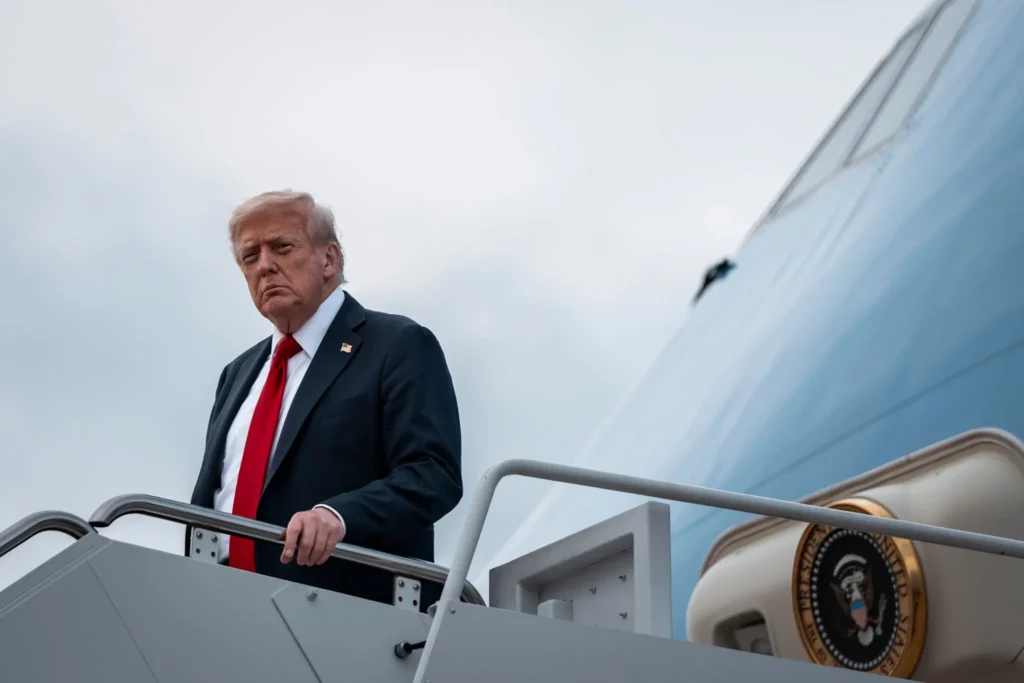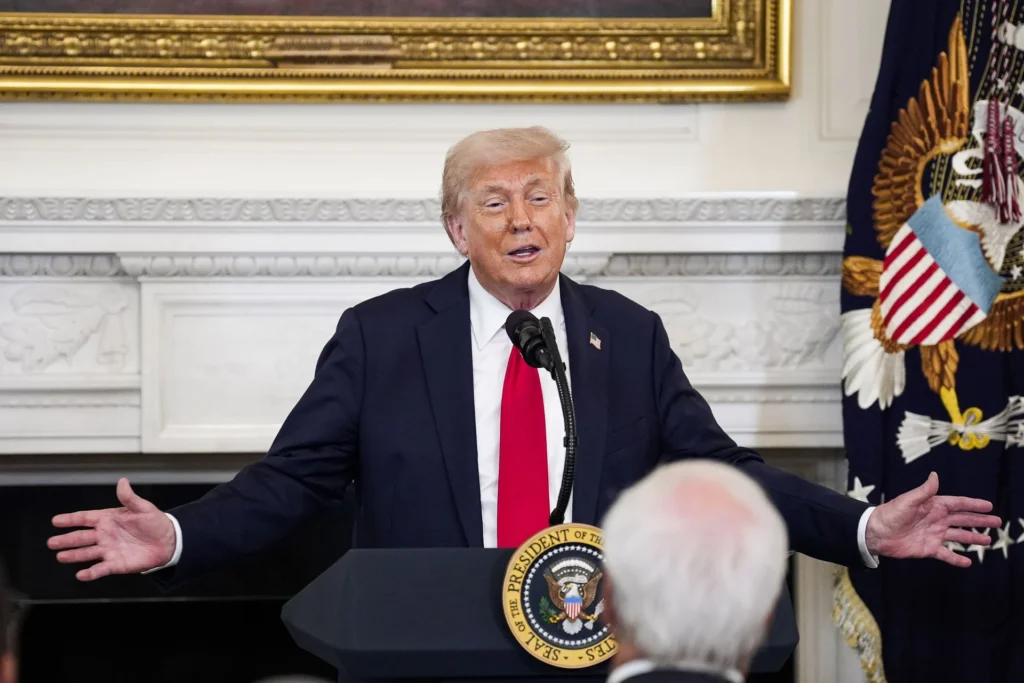At a Carnegie Mellon summit in Pittsburgh on Tuesday, Trump is expected to unveil a number of massive deals in AI and energy projects

If power is everything, President Donald Trump is about to plug America into a multibillion-dollar surge. At an energy and innovation summit in Pittsburgh, Pennsylvania, later on Tuesday, Trump is expected to announce one of the most sweeping infrastructure investment packages of his political career: $90 billion aimed at supercharging U.S. AI and energy systems.
The rollout is set to take place at the inaugural Pennsylvania Energy & Innovation Summit, hosted at Carnegie Mellon University by Sen. Dave McCormick, a Republican who made domestic energy and AI development core issues in his Senate campaign. Trump, the keynote speaker, is likely to position the plan as both a national security imperative and an economic growth engine — part of a broader strategy to cement U.S. dominance in AI and rebuild the country’s power infrastructure to support it.
“We’ve got commitments of more than $90 billion of investment in data centers, in energy production, in transmission, in distribution, and in investing in skilled workers,” McCormick told CNBC.
According to reporting from Bloomberg and Reuters, the initiative will combine federal incentives with private-sector commitments from some of the country’s biggest players in tech and utilities. Google is slated to invest $25 billion in data center construction, AI cloud firm CoreWeave is expected to put $6 billion into a new campus, and electric utility FirstEnergy is planning to pour $15 billion into regional grid upgrades. Other expected participants include Meta, Microsoft, Amazon Web Services, and oil giants such as Chevron and ExxonMobil. CEOs from BlackRock, Anthropic, and Abu Dhabi investment company Mubadala are also expected to attend the energy summit.
While the details of any federal funding or executive actions remain under wraps, this would be the latest in a series of moves by Trump to tie AI innovation to industrial revival. Earlier this year, he signed an executive order dismantling several Biden-era AI restrictions and unveiled an “AI Action Plan” that includes fast-tracked permitting for infrastructure and streamlined approvals for water, land, and power projects tied to AI development. Late on Monday, Nvidia announced that the Trump administration will allow the company’s H20 chips back into China.
With AI training models expected to consume as much as 30 times more power by 2035, the U.S. is facing a looming grid bottleneck. Big Tech is going all-in on domestic infrastructure as the AI boom strains U.S. energy and computing capacity.
Meta plans to spend up to $72 billion this year, building out massive AI data centers — including some experimental “tent” sites — and locking in solar, geothermal, and even nuclear energy deals. In June, Amazon Web Services signed a $650 million, 10-year nuclear power deal with Talen Energy to supply its data center operations from Pennsylvania’s Susquehanna plant — part of a broader $20 billion regional investment that includes two major data campuses. Google just signed a $3 billion hydropower deal — one of the largest clean-energy contracts ever — to supply its U.S. data centers, and is expanding facilities in Ohio and Virginia. Microsoft has said it plans to pour money — $80 billion — into AI infrastructure.
All together, the U.S. infrastructure expansion is a land-and-grid grab that hasn’t been seen since the industrial era. But this time, the factories run on silicon and watts.
For Trump, Pennsylvania makes for a symbolically rich backdrop. The state helped power the first Industrial Revolution with coal and steel; now, it’s angling to become an AI and energy hub, leveraging its shale gas reserves, research universities, and swing-state status.
That said, the president’s $90 billion plan isn’t without tension. Clean-energy advocates have warned that piecemeal executive orders can’t replace long-term regulatory reform, especially if the Trump administration continues to aggressively roll back climate protections. There is also some irony related to Tuesday’s announcement following Trump’s recent announcement of steep tariffs on copper by August 1 — because copper is critical for both grid expansion and data center construction.
Still, the scale of Tuesday’s expected commitments signals that corporate America is willing to bet big, especially when the federal government is smoothing the path. With China investing heavily in its own AI infrastructure, the U.S. seems to be doubling down on a new kind of arms race — less about weapons and more about watts.



